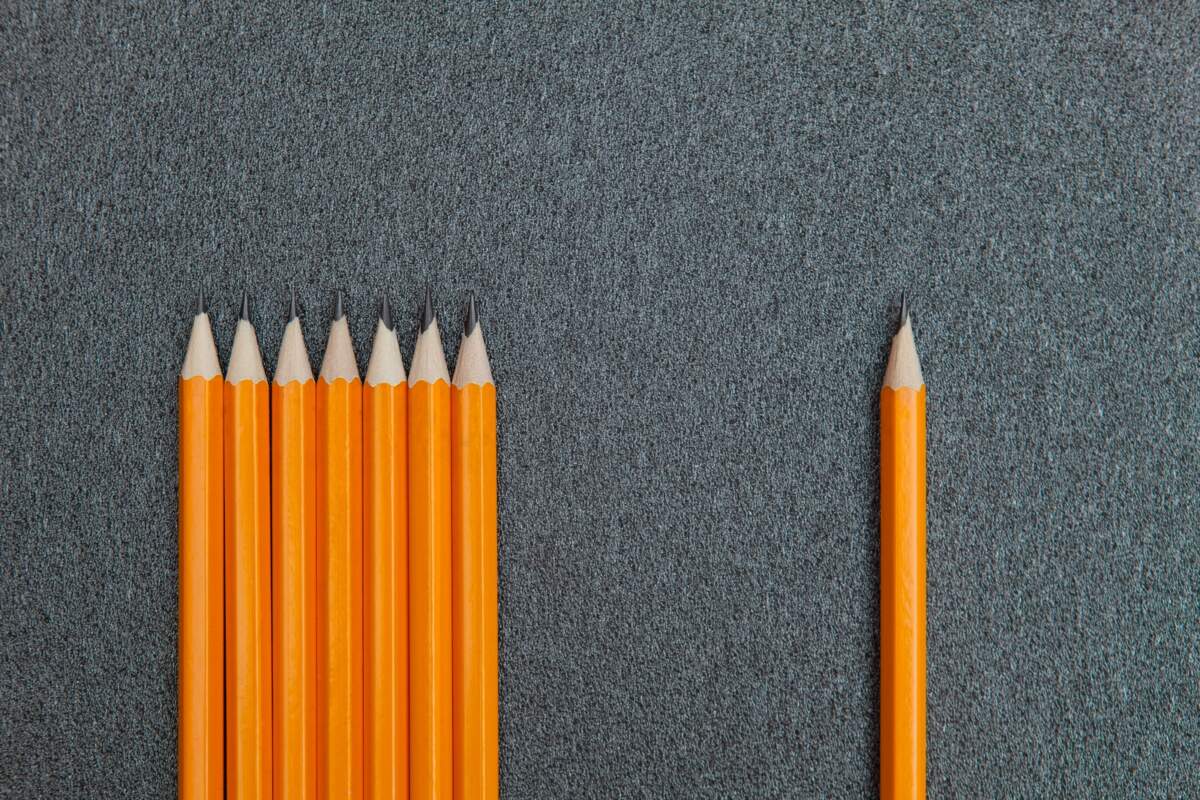All a person hopes for when studying for a course or exam is to retain as much information as possible in order to ace those tests. However, studying feels like a chore and such a struggle for most of us at times. You struggle to get anything no matter how many hours you spend going over the same thing.
Well, the reason you find studying daunting could be that you have been using a learning style that doesn’t suit you all along. The thing is we all learn differently. By understanding your learning style, you can be able to tailor your studying habits towards your strengths. This way, you will be able to study effectively, cut down on studying time and effort and increase your odds for success. Here are 5 different learning styles and the best studying tips for each of them.
1. Auditory learners
Auditory or aural learners’ brains process information much better through hearing. They remember details of information by hearing it in their minds. These are the kind of people who don’t need a map to get to a certain place. Just listening to someone explain it to them is enough. If you are an auditory learner, here are some effective studying tips.
- Try as much as possible not to miss lectures and tutorials so that you can hear the lecturers give out instructions. On top of that, carry a recorder to record the lectures so that you can listen to the audio in your review time.
- Use practice questions to practice writing the answers and then read out the answers to yourself. For instance, if you are a medical student sitting for the PANCE test, you can use PANCE practice questions to familiarize yourself with the expected answers. Then read them out and make a recording that you can revisit when you need it.
- Read your notes loudly or have someone else read them out for you.
- Make use of jingles, rhymes, and mnemonics to remember important information.
- Study with your friends or classmates. Your mind will recall what you discuss in the study group.
2. Visual learners
Unlike auditory learners, visual learners learn better by visual images. These images take the form of diagrams, graphs, and maps among other visual aids. Like in the above example, a visual learner will get to a place by following a map and never by hearing the directions. Best tips for this learner include;
- Take notes of the lectures in class, but be sure to leave white spaces so that they don’t look crammed up. Your mind will process them better when the notes look organized.
- Use a highlighter on important information when reviewing your notes.
- Ask your lecturer for an illustration.
- Make your own diagrams, symbols, graphs, color-coded flashcards, and flowcharts when studying.
- Write your own practice questions using study guides or chapter notes. Your mind will remember the answers you wrote in your personal tests during exams.
3. Social learners
As the name suggests, social learners are more productive when studying with other people as opposed to doing it individually. If you fall into this category, you will thrive when working in groups. In this case, participate in group projects and make the most of it by learning from your group mates. You can also start or engage in class discussions with your teachers or classmates. Ensure that you are asking questions or air your own thoughts on topics to trigger a discussion around lectures whenever possible. After you study on your own for some time, seek feedback from your peers or teachers. You can also do well by hiring a tutor or a study buddy.
4. Kinesthetic learners
These learners are also known as tactile learners. They are hands-on, which makes them process information better when carrying out the activity rather than seeing or listening. Some tips for this learning style include;
- Type out or copy notes repeatedly
- Teach others
- Make flashcards and go through them when running on the treadmill
- Walk around when studying, and read notes aloud if possible
- Relate what you are studying to your life
- Listen to music/ chew or have something flexible in your hands such as a stress ball to squeeze when studying
5. Intrapersonal learners
These learners are the opposite of social learners. They find it easier to retain information when studying in solitary. If you always want to study alone, find yourself a quiet place with no distractions to study. You also retain information better by keeping a journal or finding a personal interest in what you learn. However, you need to be careful not to block out the rest of the world. If there is an area that is difficult for you, don’t be afraid to ask for help.
Conclusion
If you have been finding it difficult to study effectively, it is about time that you rethink your studying habits. It will do you good to try and understand your learning style so that you can form the best study habits accordingly. There are numerous online tests that you can take to determine where you fall.
